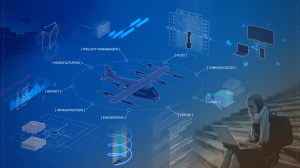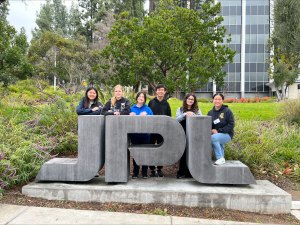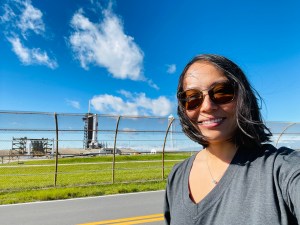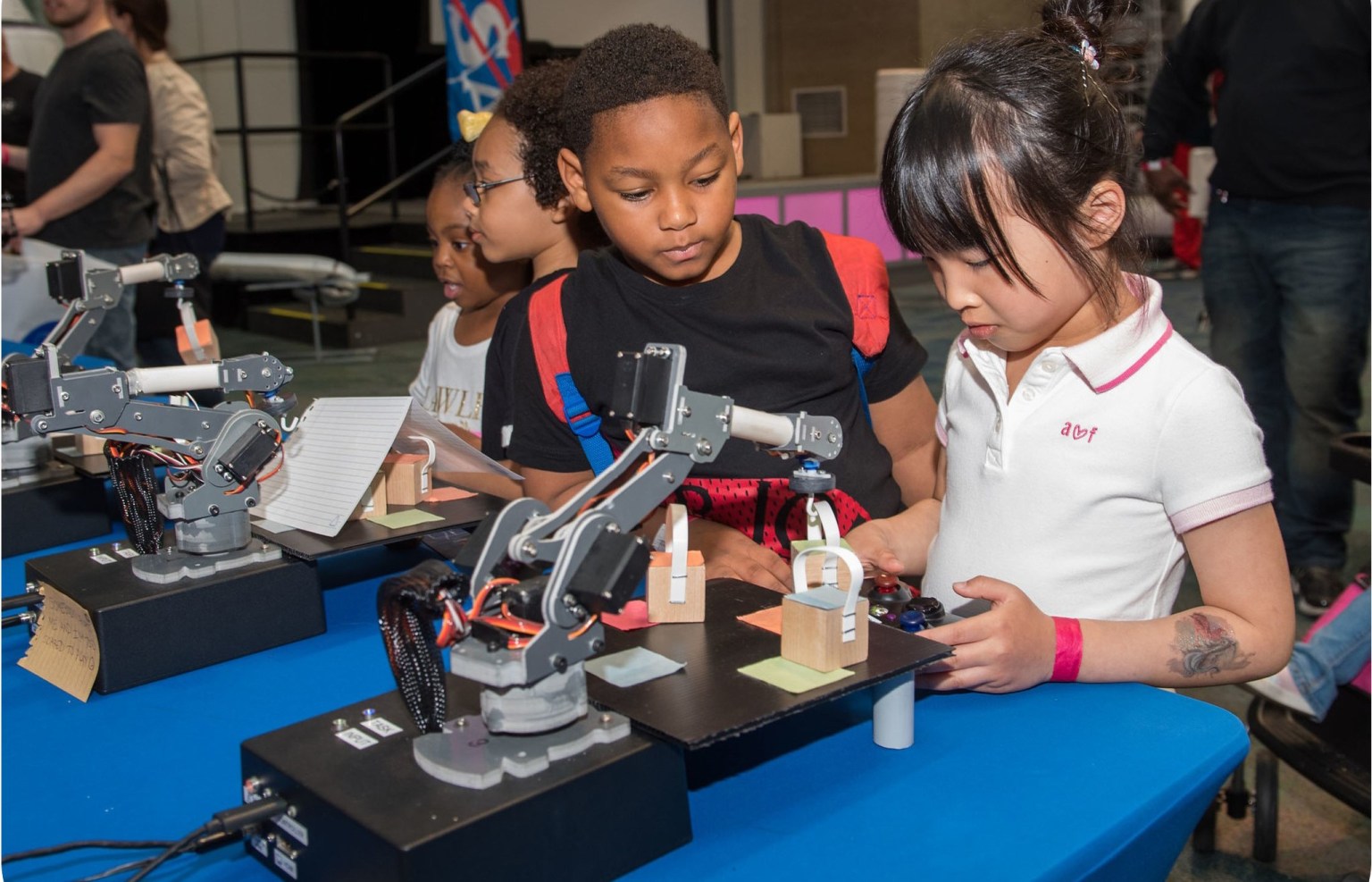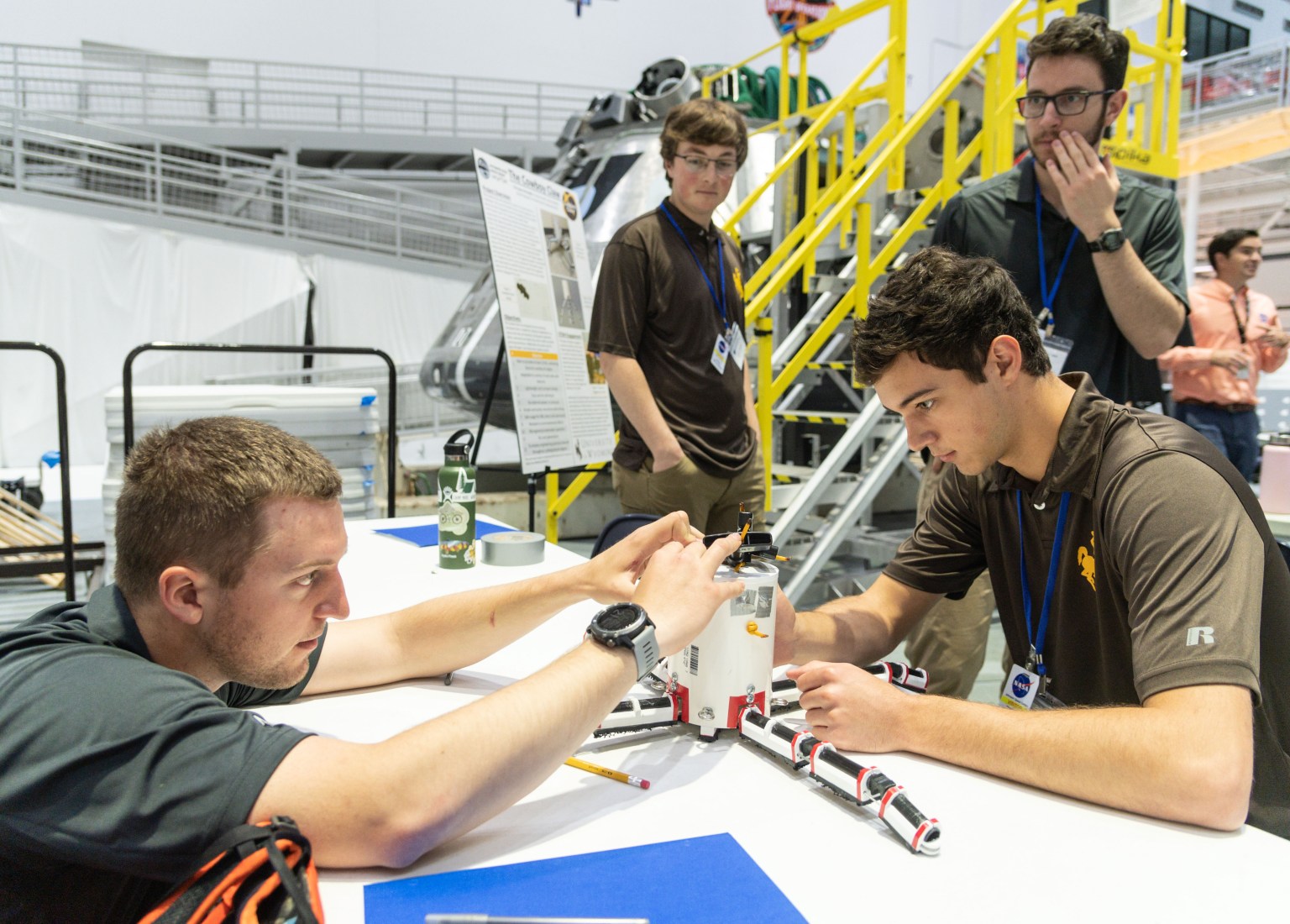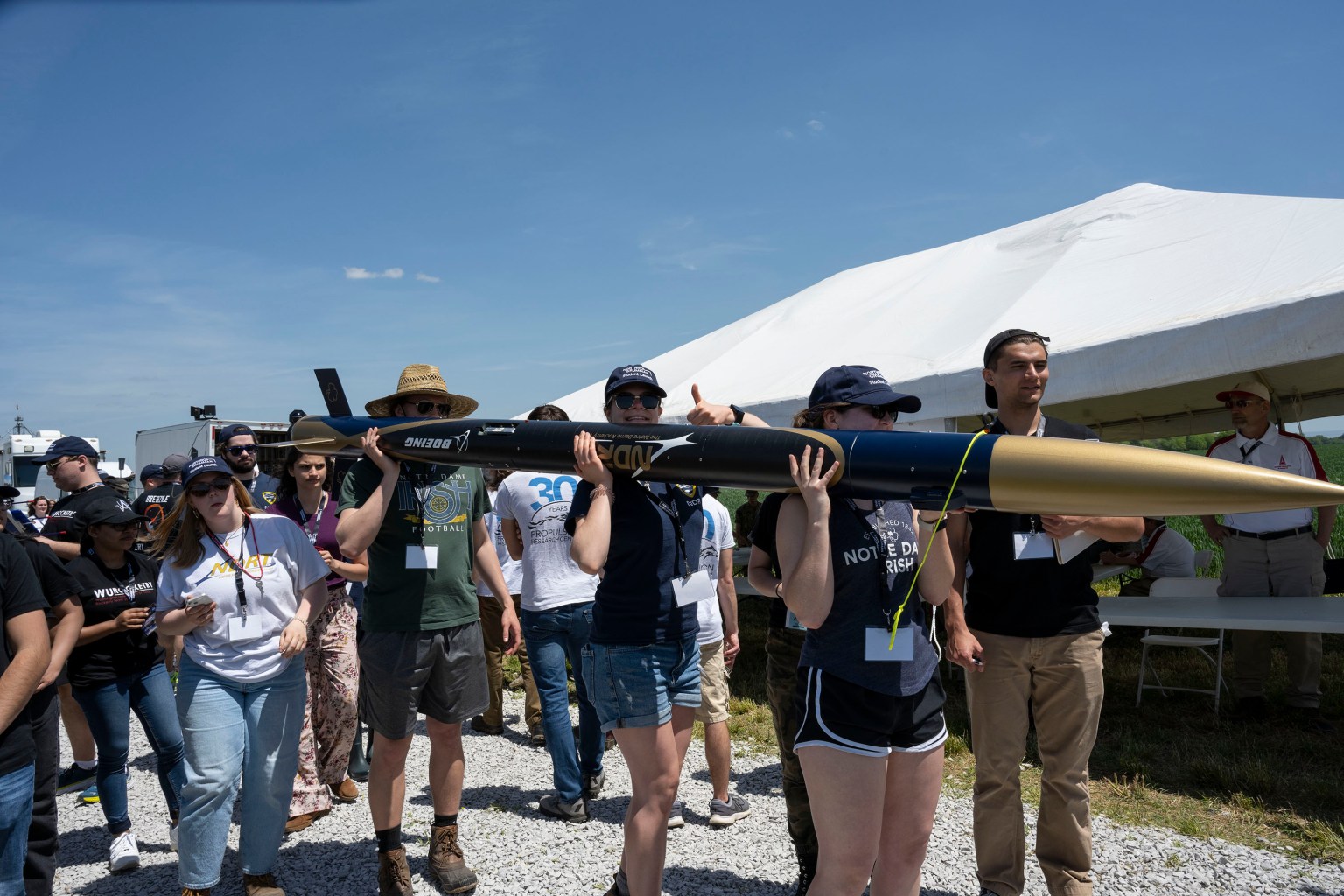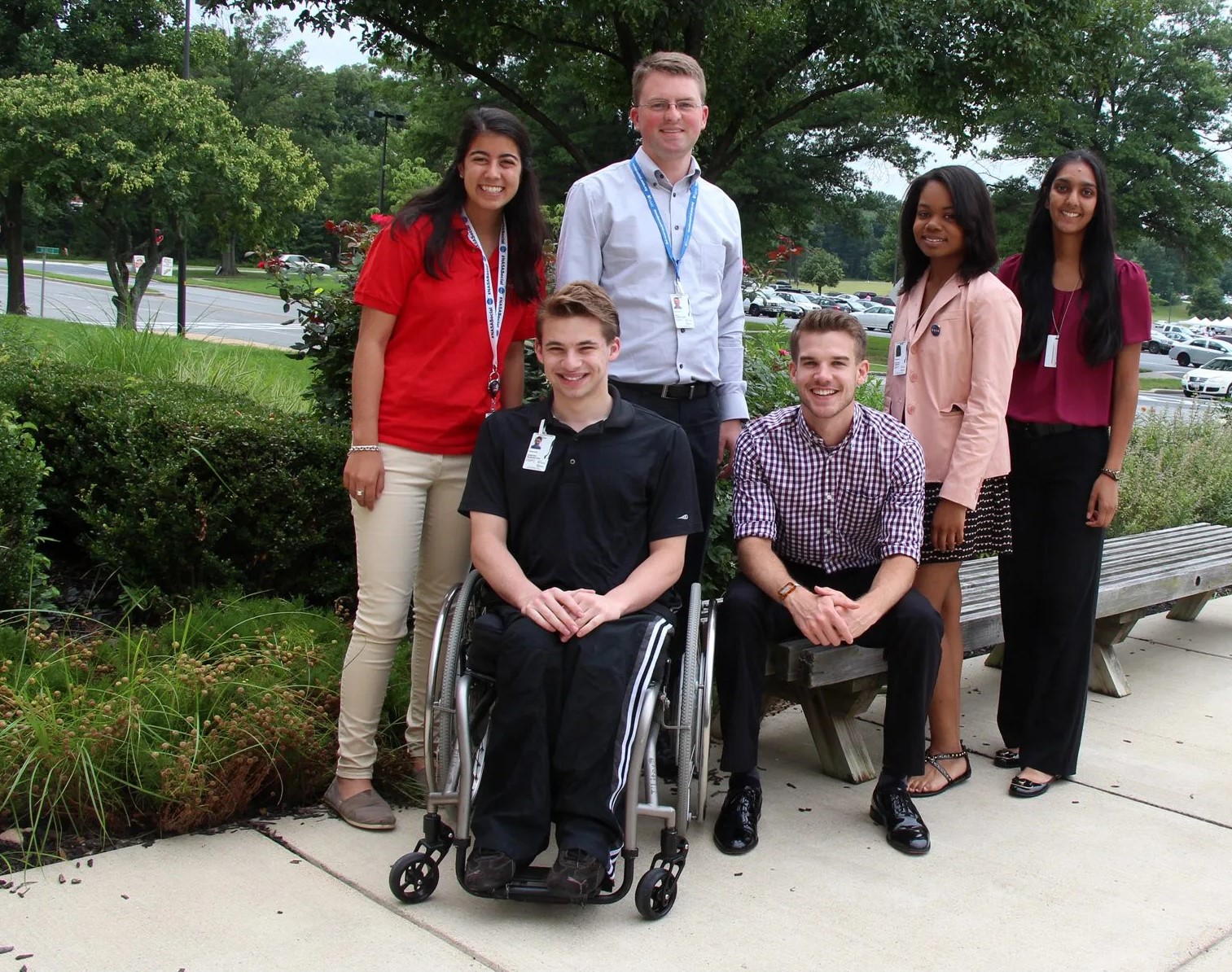Advice from NASA Mentors to Students Starting Their Careers
Jan 10, 2024
4 min read
Preparations for Next Moonwalk Simulations Underway (and Underwater)
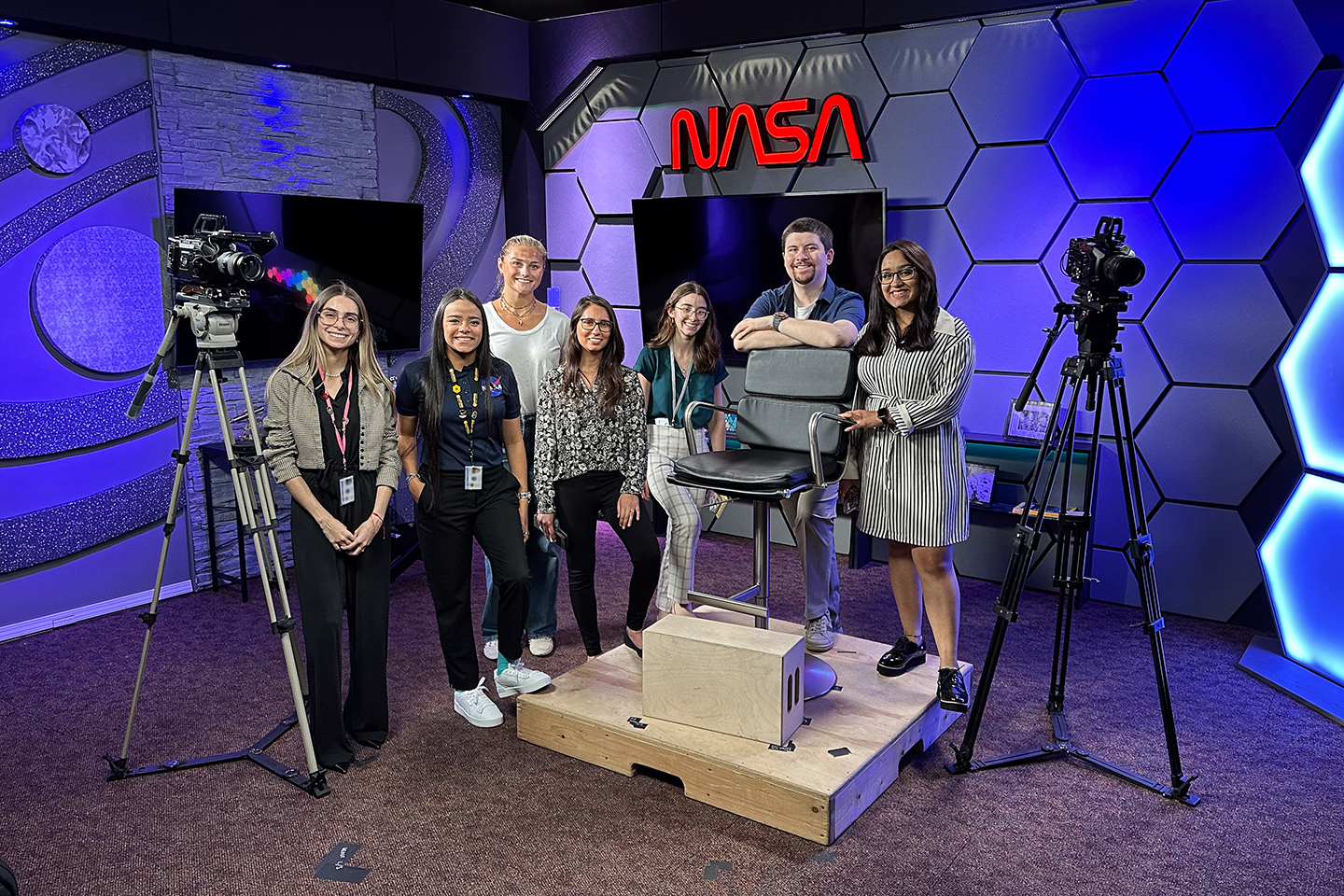
NASA is celebrating National Mentoring Month by recognizing the importance of mentors to students and young professionals whose careers are beginning to take off. Mentors help their mentees gain real-world experiences, make valuable connections, and find the types of roles best suited to their strengths and skills.
To learn more about early career takeaways, we spoke to three NASA mentors: Renita Fincke, NASA biomedical research projects engineer at Johnson Space Center in Houston; Wade Sisler, executive producer at NASA’s Goddard Space Flight Center in Greenbelt, Maryland; and Kyle Ellis, a project manager in the Aeronautics Research Directorate at NASA’s Langley Research Center in Hampton, Virginia.
Below, they share their advice for students and graduates entering the workforce and expand on how to make the most of a mentor/mentee relationship – whether here at NASA or in any other organization.

Work hard and carry yourself professionally.
If you fully commit to excelling in your role, you’ll be better prepared to take advantage of unexpected opportunities or adjust to changing circumstances.
“Give it your all,” Fincke said. “In my journey, I’ve discovered that boosting your career involves a relentless pursuit of knowledge, adapting to changes, and being ready to try for exciting opportunities when the timing is just right.”
While you’re putting in a lot of effort toward your high-level goals, don’t lose sight of seemingly small details.
“Lean in, be punctual, be present, communicate like a pro, and get your work in on time,” Sisler said. “Your mentor will notice. Your entire office will notice.”
Be your own advocate.
Concentrate on how you communicate. Telling your story in a way that resonates with your audience enables them to understand and see the value in your work.
“Learn to identify who your stakeholders are and answer the question, ‘Why should they care?’” Ellis said. “Being able to tell a clear, succinct story about what you do and why is the key to improving countless things: interest, support, awareness, etc. Don’t take the power of communication for granted.”
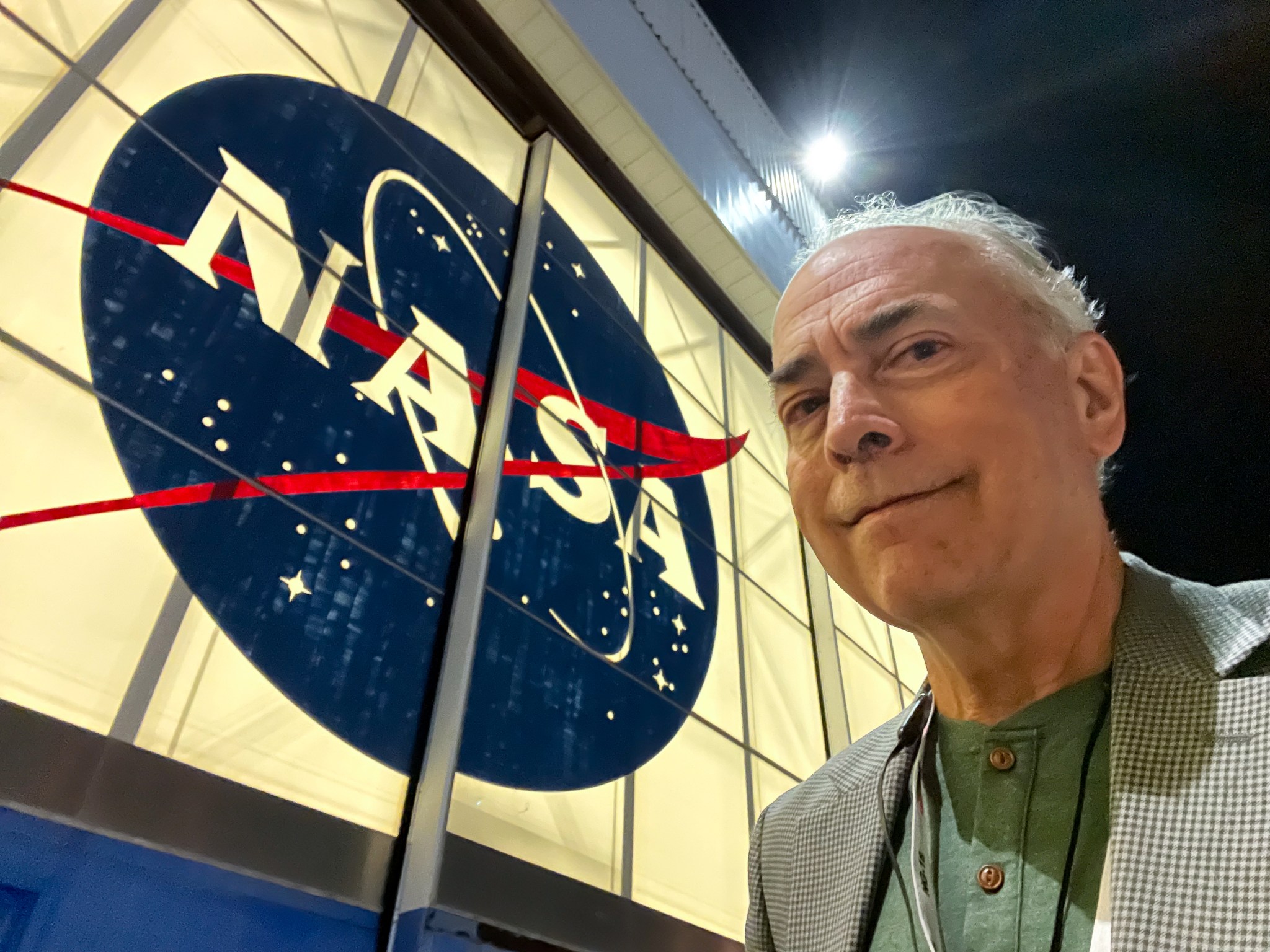
Be resilient.
Challenges and failures are inevitable, so don’t give up!
“The path to success is rarely linear, and the ability to adapt is a strength,” Fincke said. “Embrace the mindset that errors are opportunities for learning, growth, and necessary pivots, so do not fear failure; let it be a catalyst for resilience.”
Ellis recalled that as a student, he spent a lot of time unnecessarily fearing what others would think if he tried something new without knowing for sure he’d get it right. “What I learned is that failure is common when you’re exploring possibilities,” Ellis said. “And it often teaches us more in a shorter period than the success we experience.
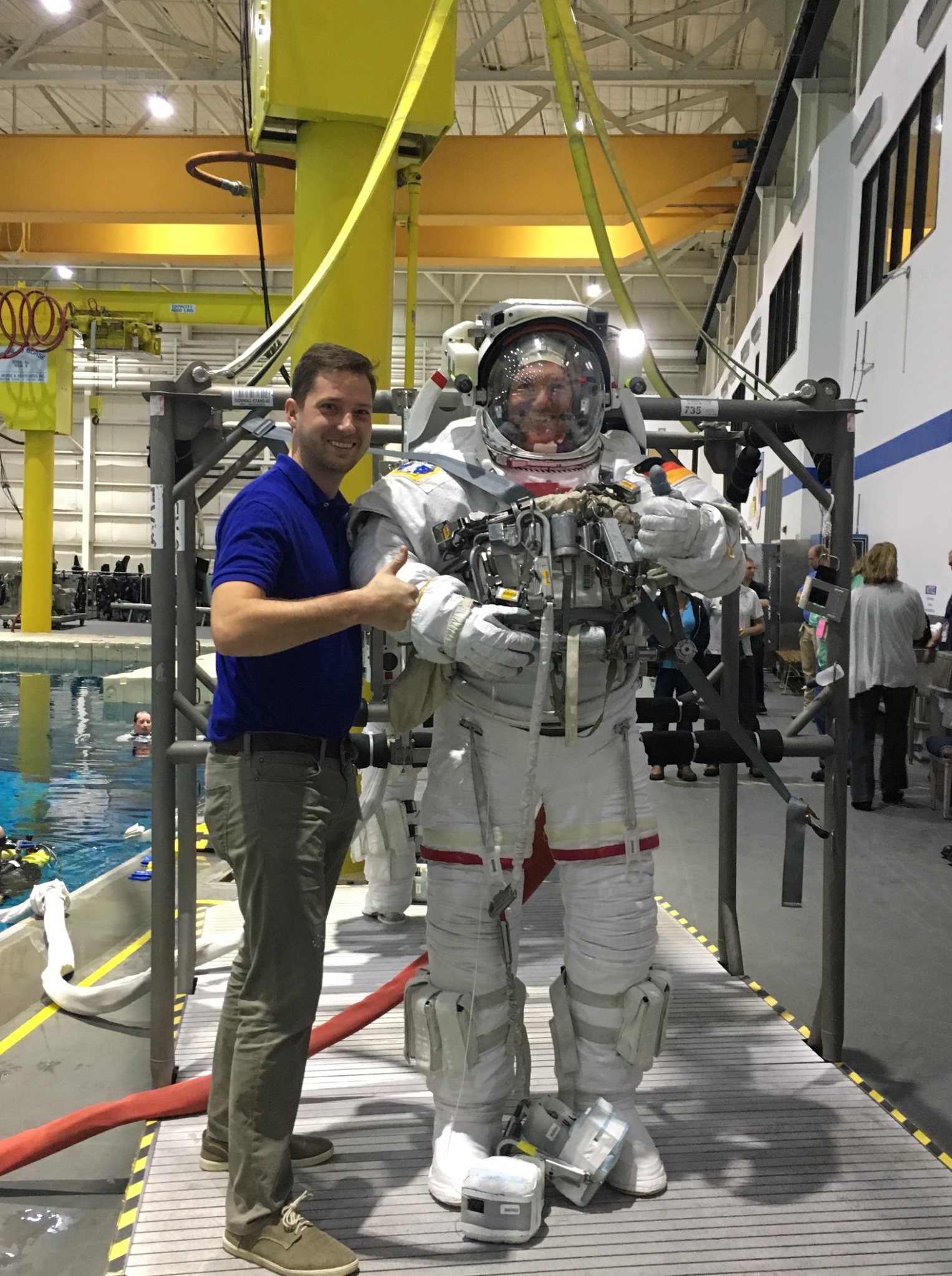
Network and ask questions.
Work with a mentor to outline your tasks and goals, and don’t be self-conscious about discussing your most ambitious longer-term career objectives.
“The most successful interns in our office are often the most inquisitive ones,” Sisler said. “Find out what the people in your office do and how they fit into the organization. Tell as many people as you can your story, ask how they came to NASA, and ask them for their insights and advice.”
Ellis emphasized that NASA is filled with experts who are happy to share their wisdom with students and young professionals.
“If they sense the spark in you, they’ll most certainly help you along your career and connect you with more like-minded people who are solving some of the most important problems in and out of this world,” Ellis said.
The support and guidance of an encouraging mentor can make a tremendous difference in a student’s career growth and personal development – and it’s a rewarding experience for mentors, too.
“Pick up a mentee in your first or second year in a new role,” Ellis said. “It’s amazing what you learn from someone who is learning from you.”
Want an opportunity to work with one of NASA’s amazing mentors? Apply for a NASA internship here.
